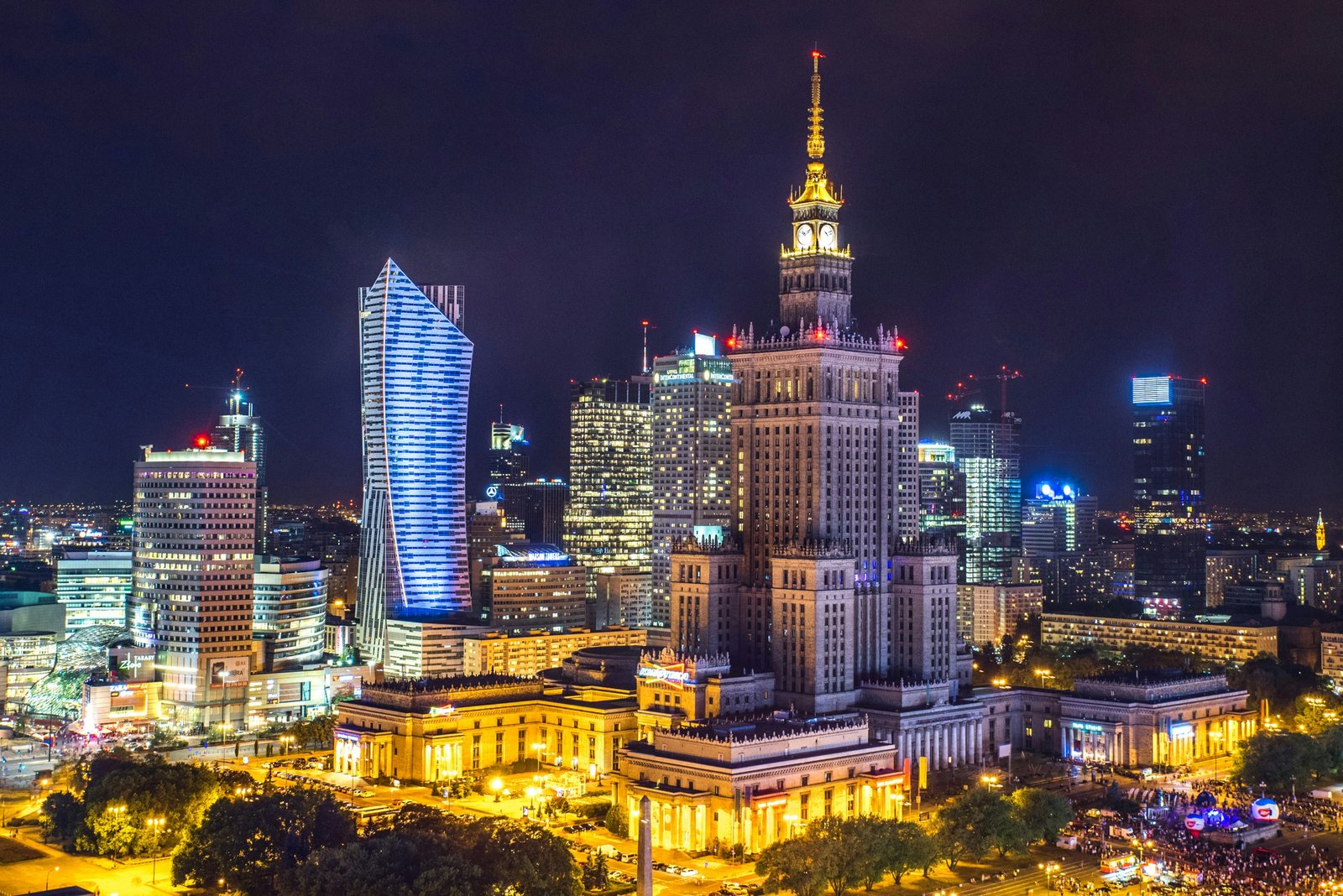
Immigrating to Poland in 2024: A Comprehensive Guide for Aspiring Settlers
Immigrating to Poland in 2024: A Guide for Aspiring Settlers
Are you considering a move to Poland in 2024? With its rich history, vibrant culture, and growing economy, Poland has become an attractive destination for individuals looking to start a new life abroad. Whether you are seeking better career opportunities, higher education, or simply a change of scenery, this guide will provide you with essential information on how to immigrate to Poland in 2024.
1. Research and Planning
Before embarking on your journey to Poland, it is crucial to conduct thorough research and plan accordingly. Start by familiarizing yourself with the country’s immigration policies, visa requirements, and eligibility criteria. Visit the official website of the Polish government or consult with an immigration lawyer to gather accurate and up-to-date information.
Consider the purpose of your immigration, whether it is for work, study, or family reunification. Each category may have specific requirements and processes to follow. Determine the type of visa or residence permit that suits your situation best.
Additionally, research the cost of living, healthcare system, education opportunities, and job market in Poland. This will help you make an informed decision and prepare for your new life in the country.
2. Visa and Residence Permit
Obtaining a visa or residence permit is a crucial step in the immigration process. Poland offers various types of visas, including work visas, study visas, and family reunification visas.
If you are planning to work in Poland, you will need to secure a work visa. This typically requires a job offer from a Polish employer and a work permit. The employer will initiate the work permit application process on your behalf.
For individuals seeking higher education in Poland, a study visa is required. You will need to apply to a Polish educational institution and obtain an acceptance letter. This letter will be necessary for your study visa application.
If you have family members who are Polish citizens or legal residents, you may be eligible for a family reunification visa. This allows you to join your family members in Poland.
It is essential to gather all the necessary documents, such as a valid passport, proof of financial stability, and medical insurance, to support your visa or residence permit application. Be prepared to provide any additional documentation required by the Polish authorities.
3. Language and Cultural Integration
While English is widely spoken in major cities and tourist areas, learning the Polish language will greatly enhance your experience and integration into Polish society. Polish is a challenging language, but making an effort to learn the basics will show your commitment to adapting to the local culture.
Consider enrolling in language courses or using language learning apps to improve your Polish skills. Engaging with the local community, making Polish friends, and participating in cultural events will also help you immerse yourself in the Polish way of life.
Understanding Polish customs, traditions, and etiquette is equally important. Poles value punctuality, respect, and personal space. Familiarize yourself with these cultural norms to avoid any unintentional misunderstandings or faux pas.
4. Job Opportunities and Entrepreneurship
Poland’s growing economy presents numerous job opportunities for immigrants. The country has a strong manufacturing sector, a flourishing IT industry, and a thriving service sector. Research the job market and identify sectors that align with your skills and qualifications.
Consider networking and connecting with professionals in your field through online platforms or attending industry events. Polish employers value qualifications, experience, and a strong work ethic. Highlight these attributes in your job applications and interviews.
If you are considering entrepreneurship, Poland offers various support programs and incentives for starting a business. Explore the possibilities and seek guidance from organizations such as the Polish Investment and Trade Agency (PAIH) or local business development centers.
5. Healthcare and Insurance
Prioritize your health and well-being by familiarizing yourself with Poland’s healthcare system and obtaining appropriate health insurance coverage. Poland has a universal healthcare system that provides medical services to its residents.
If you are an EU/EEA citizen, you may be eligible for free or subsidized healthcare in Poland. However, it is advisable to obtain private health insurance to cover any additional costs and ensure comprehensive coverage.
Non-EU/EEA citizens are required to have health insurance that meets the Polish government’s requirements. Research and purchase health insurance that fulfills the necessary criteria before your arrival in Poland.
6. Accommodation and Cost of Living
Finding suitable accommodation is a crucial aspect of settling in Poland. The cost of living varies depending on the city or region you choose to reside in.
Major cities like Warsaw, Krakow, and Wroclaw offer a wide range of housing options, including apartments, houses, and shared accommodations. Consider your budget, proximity to amenities, and transportation options when choosing your accommodation.
Research local rental laws, lease agreements, and rental prices to ensure you make an informed decision. Consider consulting with a real estate agent or utilizing online platforms to find suitable housing options.
It is essential to budget and plan your finances accordingly, taking into account housing costs, utilities, transportation, groceries, and other daily expenses. Poland generally offers a lower cost of living compared to other European countries, but expenses can vary depending on your lifestyle and location.
7. Education and Schools
If you are moving to Poland with children, researching and selecting the right school for them is crucial. Poland has a well-developed education system, offering a range of public, private, and international schools.
Consider the age of your children, their language proficiency, and your preferred educational approach when choosing a school. Research school curricula, facilities, extracurricular activities, and admission requirements.
Ensure that you gather all the necessary documents, such as academic transcripts, vaccination records, and proof of residency, to support your children’s school applications.
8. Enjoying Poland’s Rich Culture and Attractions
Once you have settled into your new life in Poland, take the time to explore and enjoy the country’s rich culture and attractions. Poland is known for its historical sites, stunning landscapes, and vibrant festivals.
Visit the UNESCO World Heritage Sites, such as the historic center of Krakow and the Auschwitz-Birkenau Concentration Camp. Explore the beautiful landscapes of the Tatra Mountains and the Mazury Lake District. Immerse yourself in Polish traditions by attending festivals like the Pierogi Festival or the Wianki Festival.
Poland’s central location in Europe also makes it convenient for travel to neighboring countries, allowing you to further explore the continent during your stay.
Conclusion
Immigrating to Poland in 2024 can be an exciting and life-changing experience. By conducting thorough research, planning ahead, and familiarizing yourself with the necessary steps, you can make your immigration journey smoother and more successful.
Remember to stay open-minded, embrace the Polish culture, and make the most of the opportunities that Poland has to offer. Good luck on your journey to becoming a proud resident of Poland!


